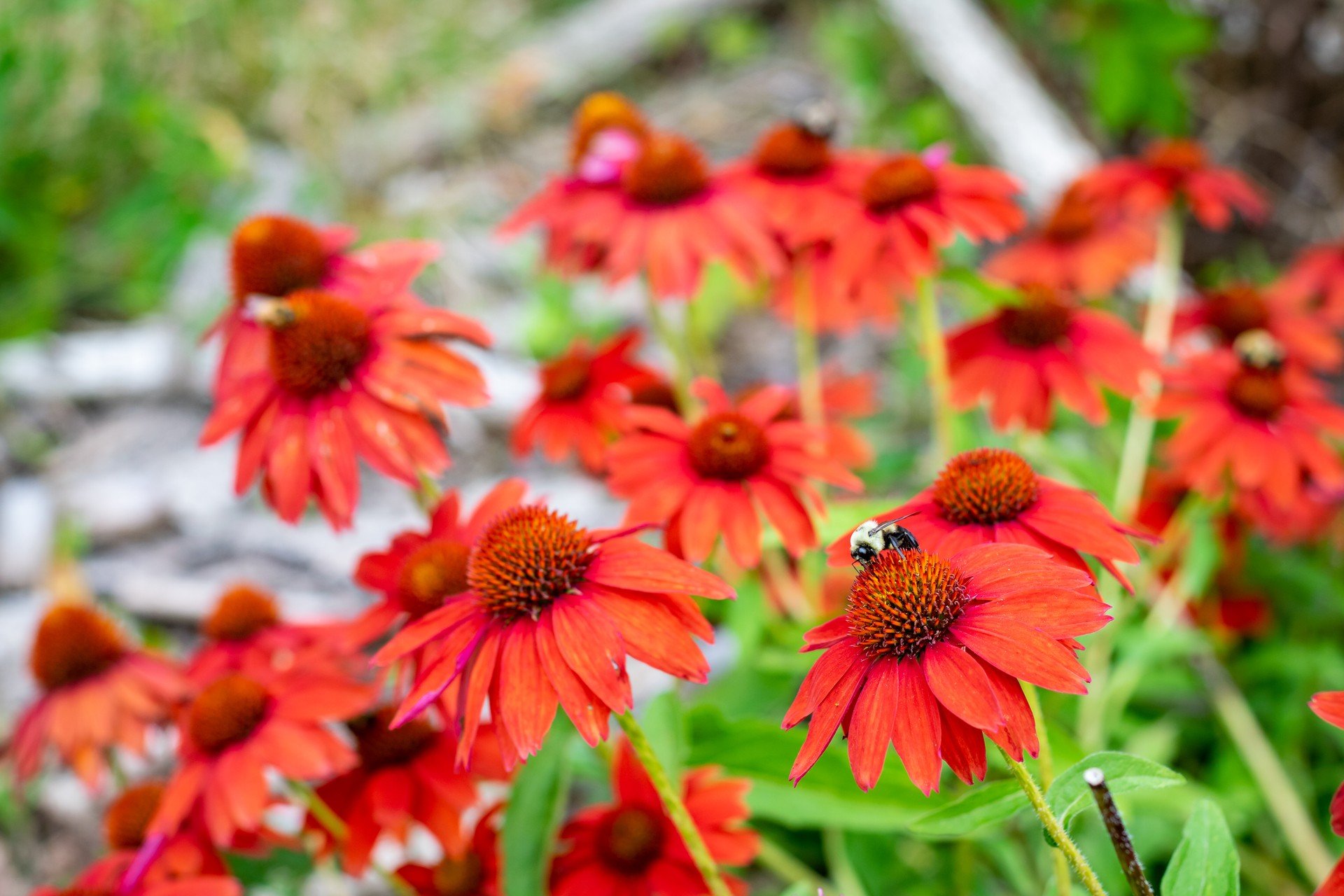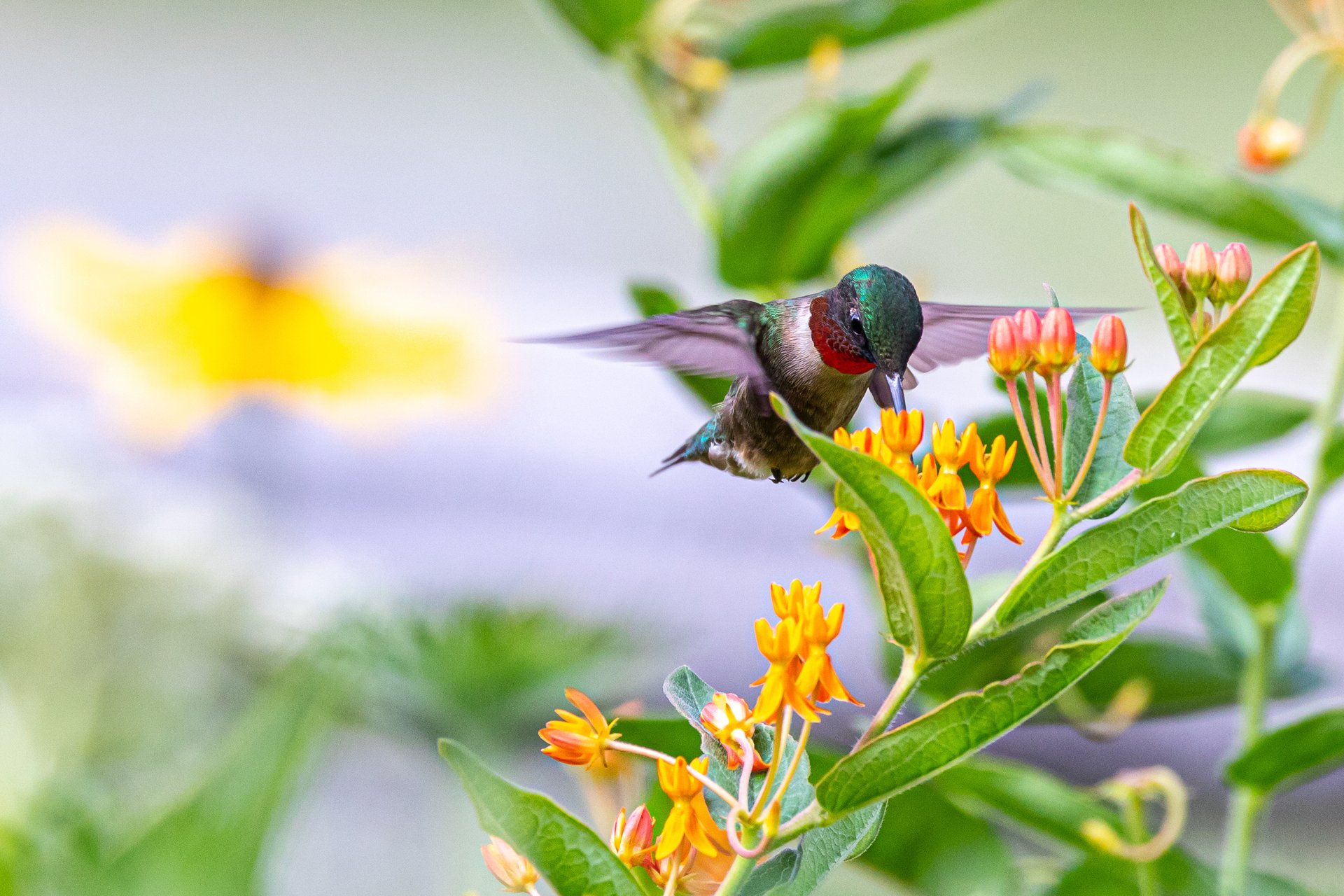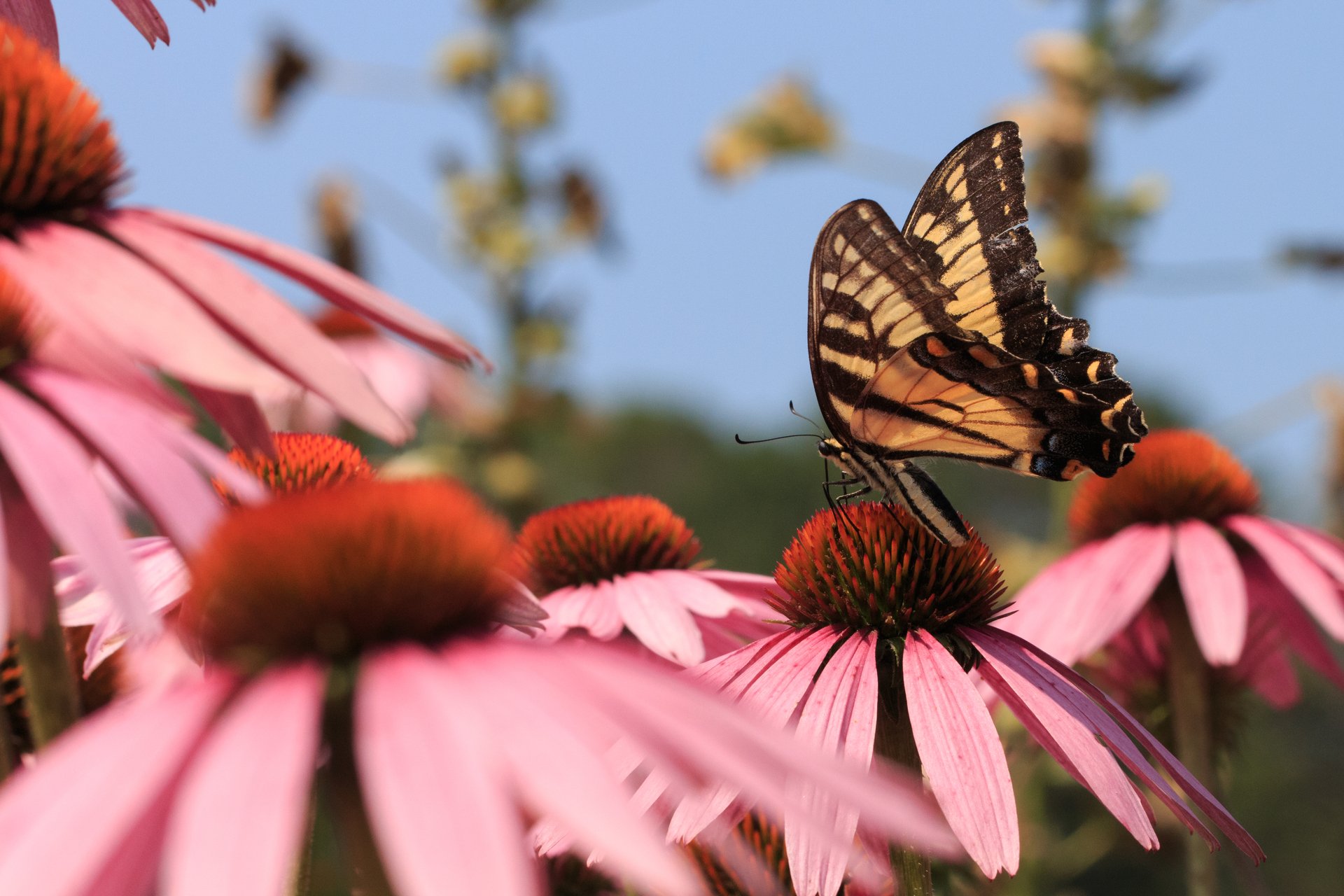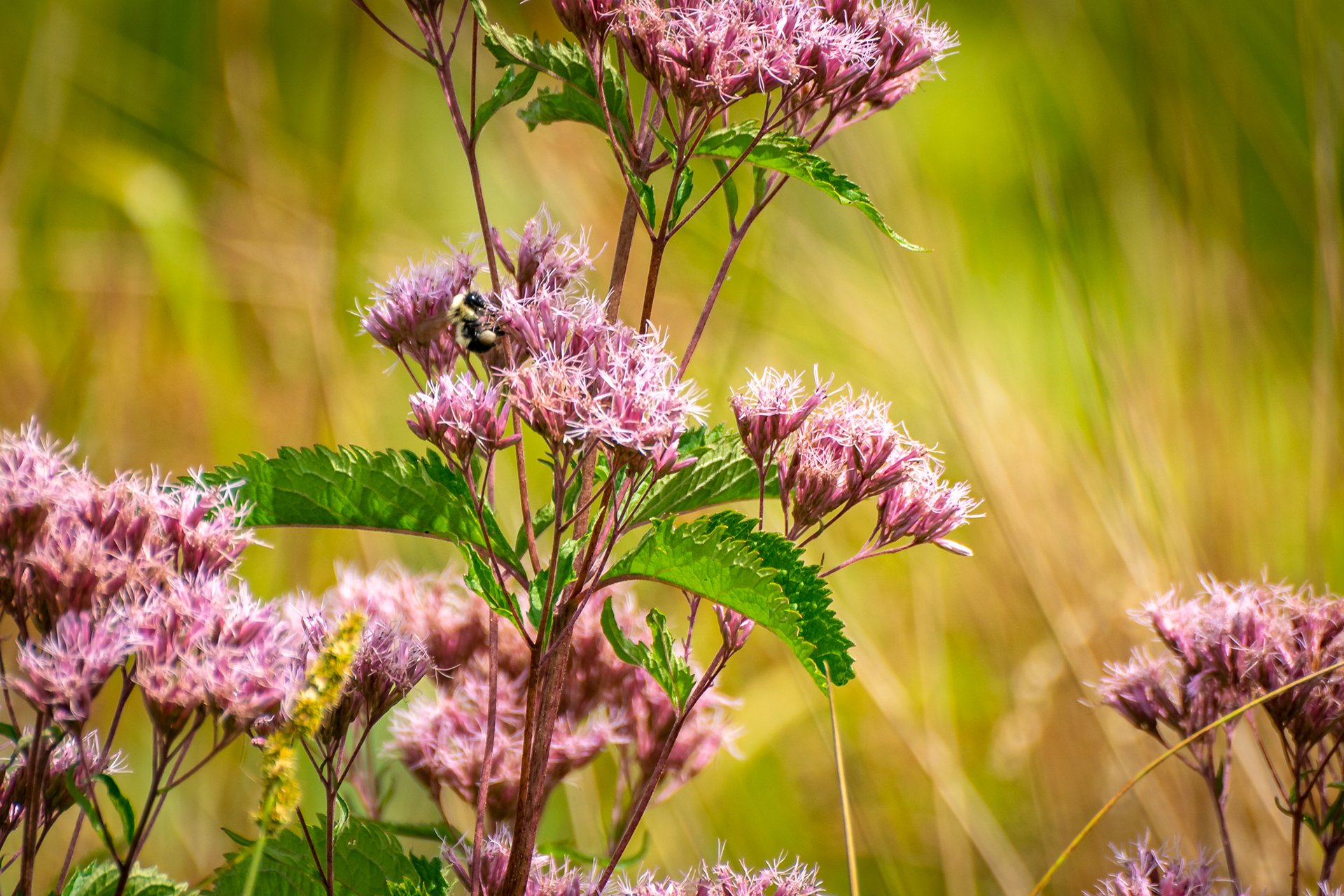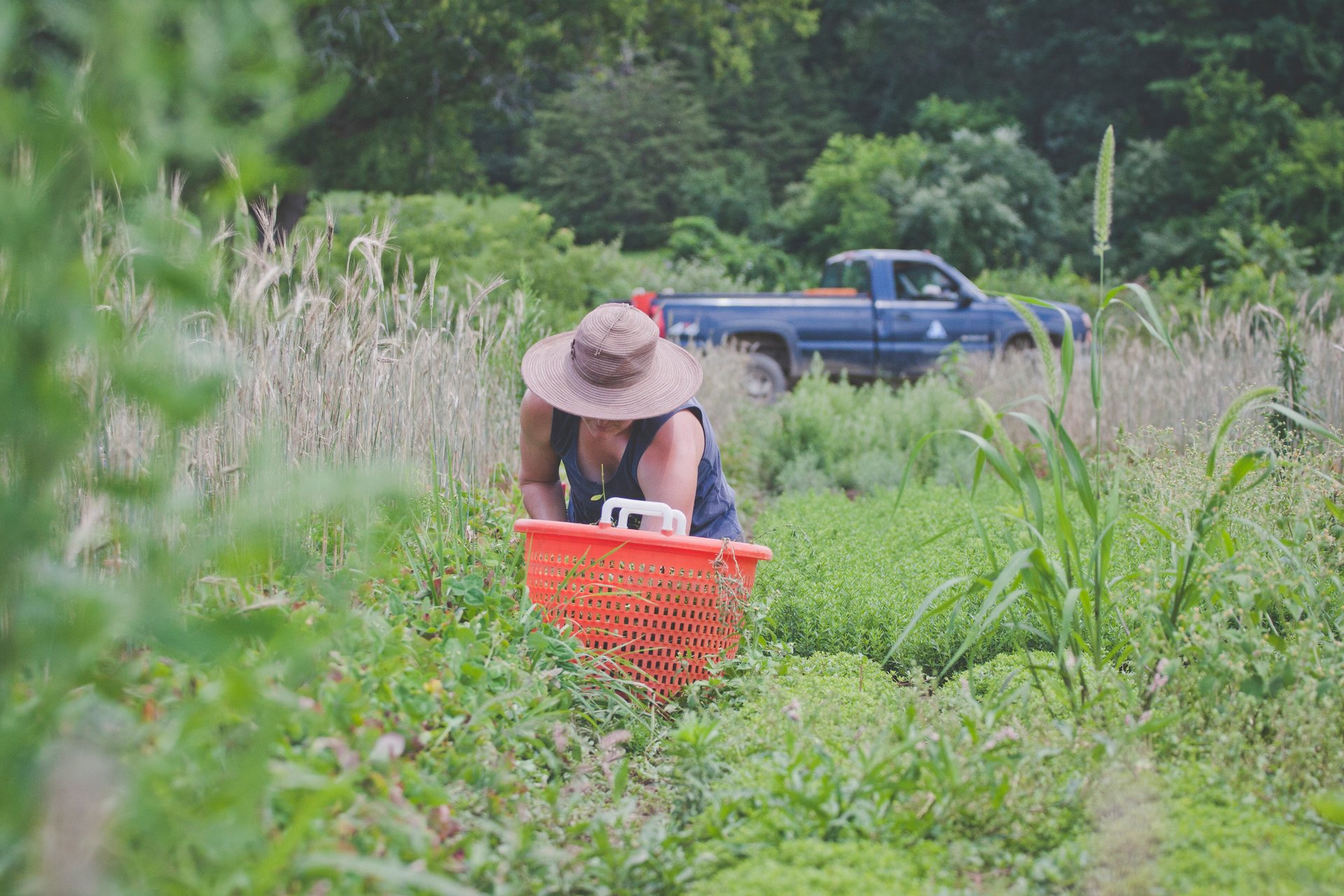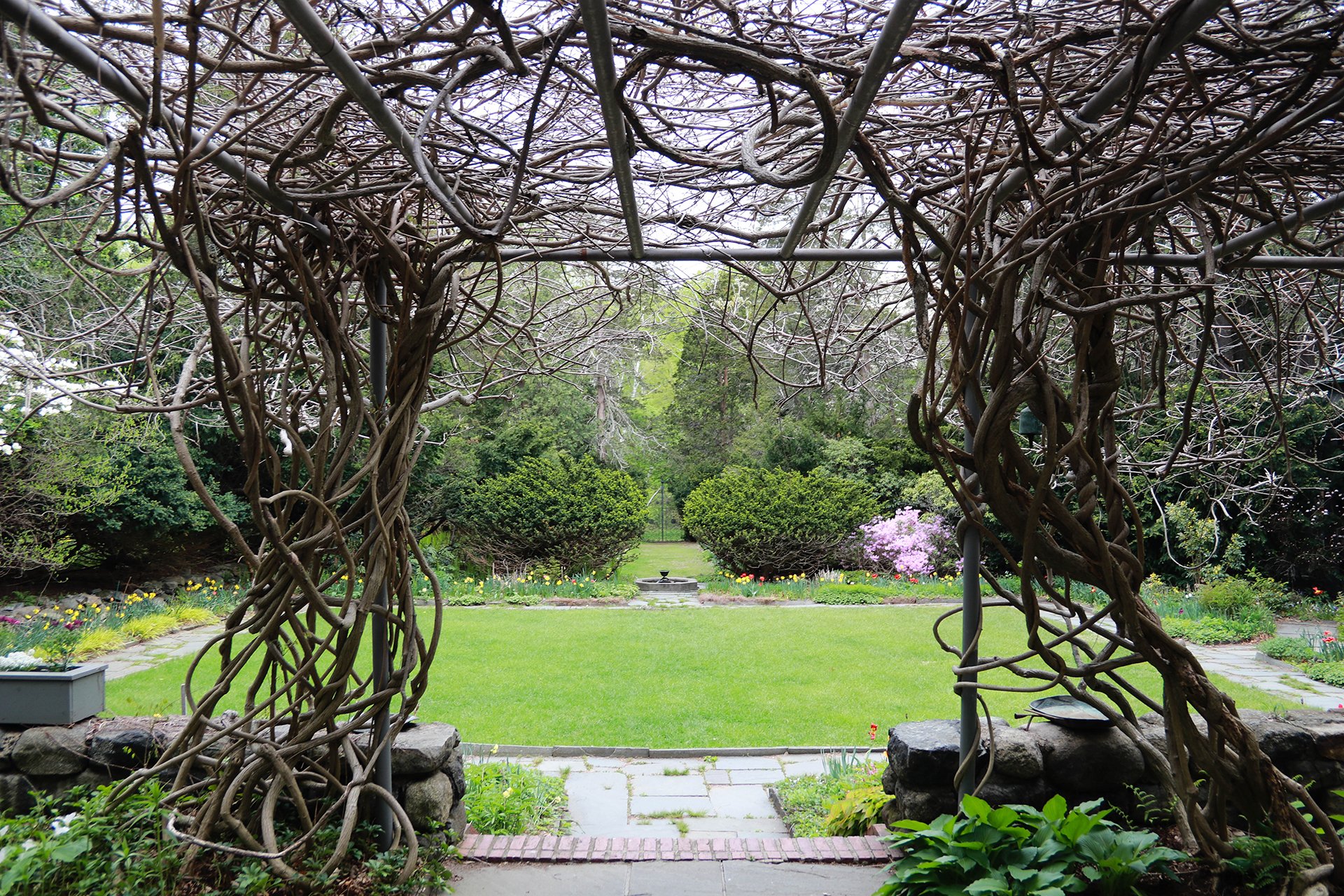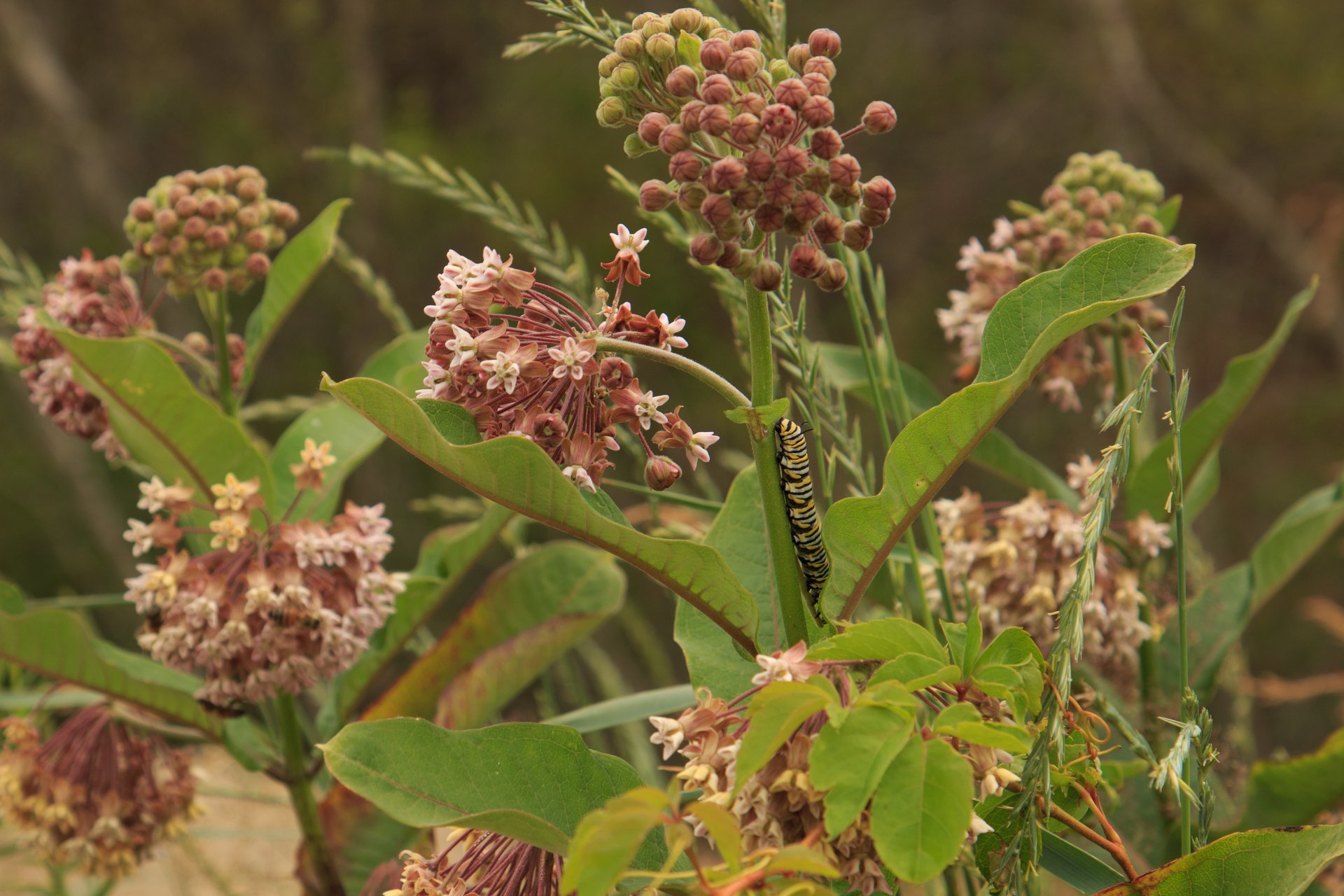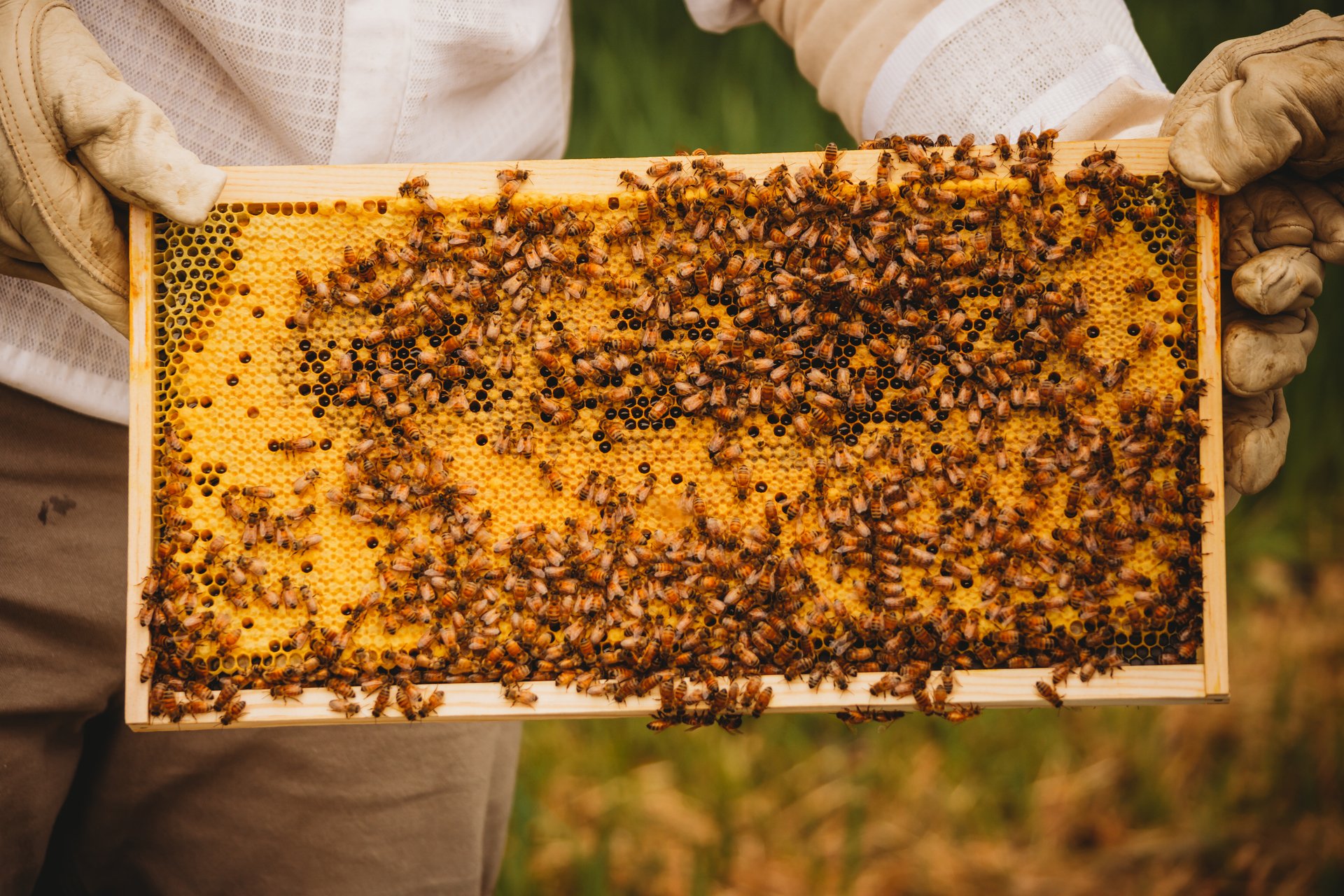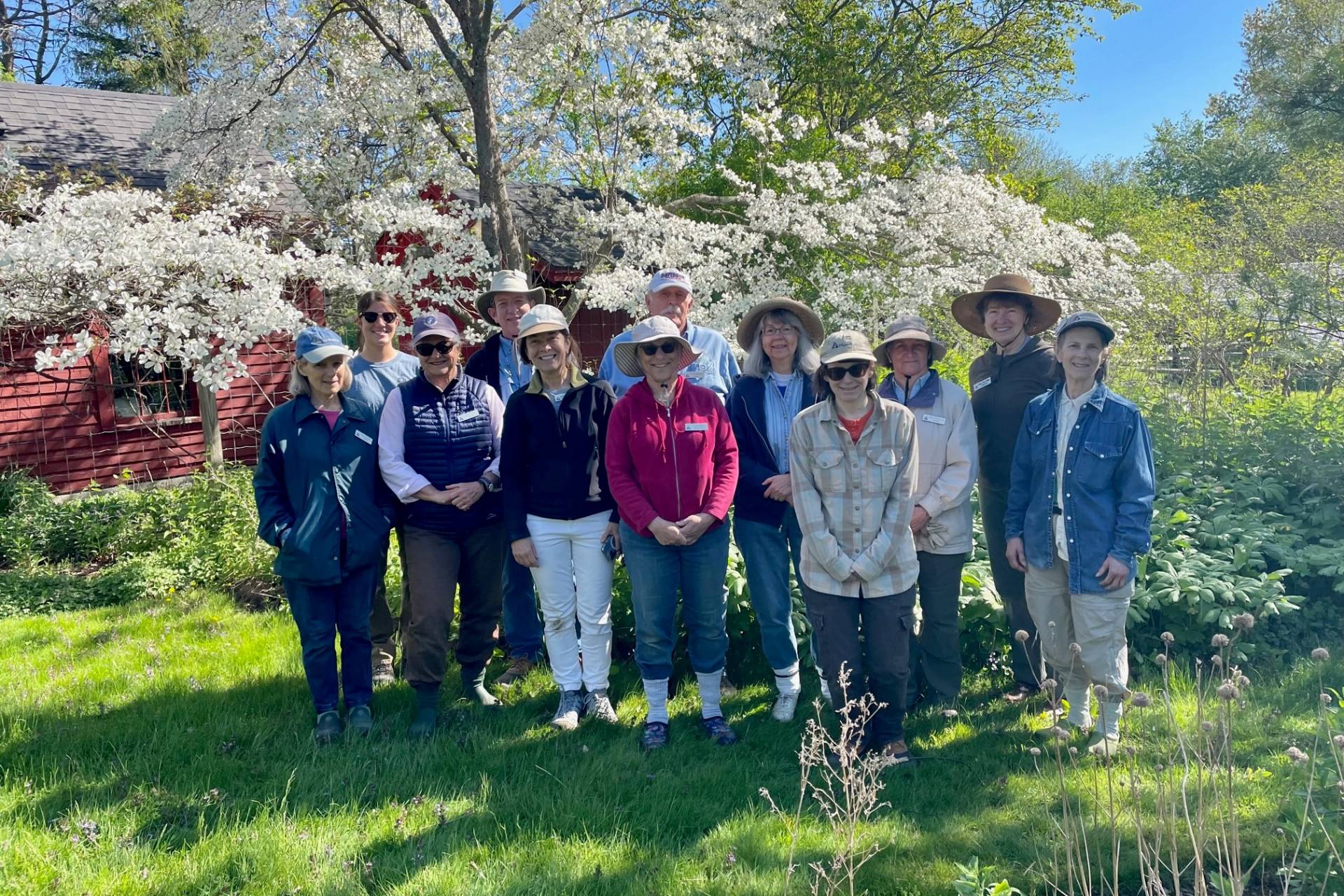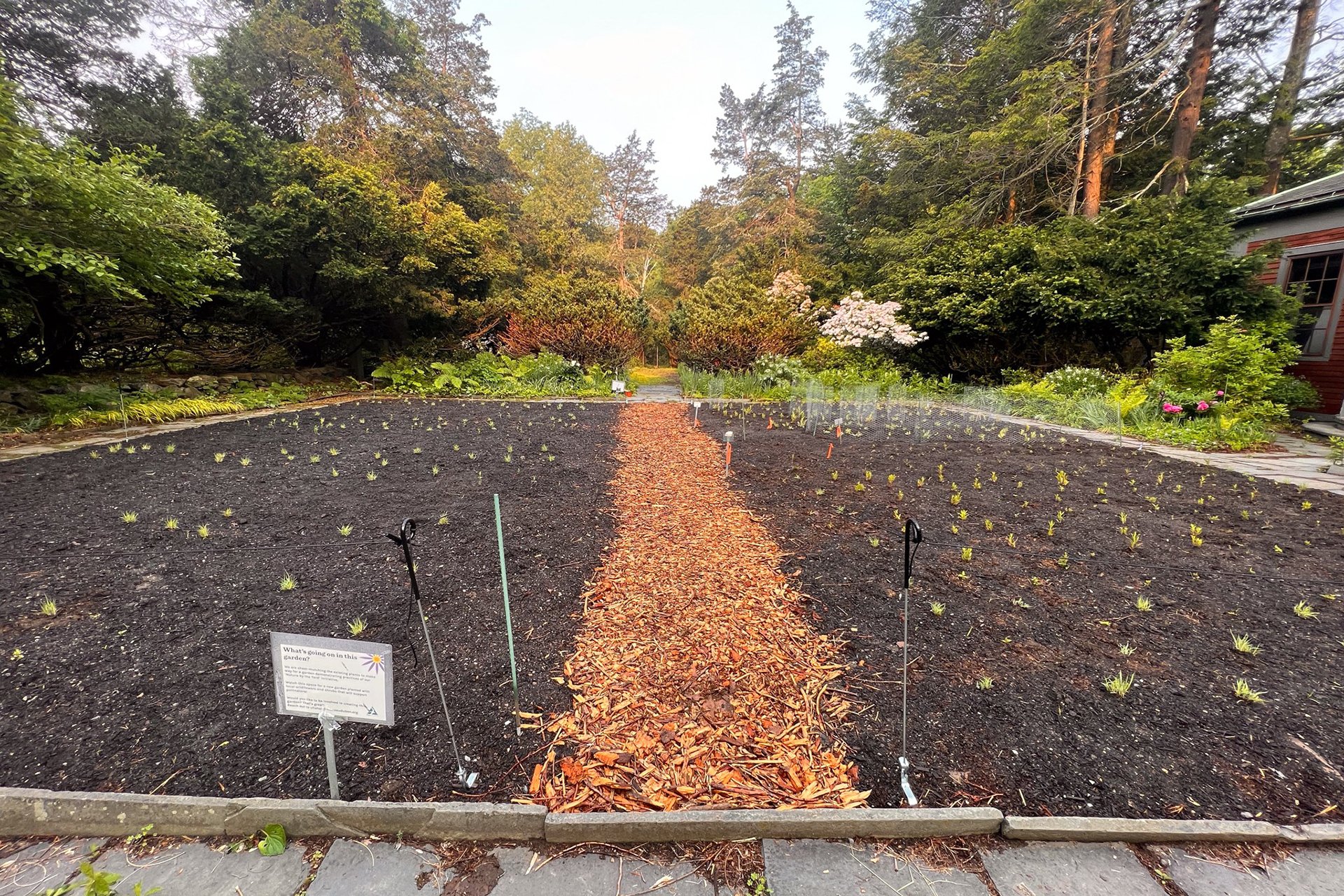Nature Activities
Gardens & Gardening
Gardens are much more than just beautiful outdoor spaces—they are living, complex, biodiverse ecosystems that support everything from microscopic organisms to amphibians to birds to mammals.
Mass Audubon strives to educate people of all ages about the many ways they can make their own gardens, backyards, farms, and fields safer and more welcoming to wildlife. By using organic, nature-friendly gardening practices, even the smallest patch of dirt can become an oasis for thousands of species.
Visit a Demonstration or Community Garden
Many of our wildlife sanctuaries have specially managed gardens designed to support wildlife, help manage stormwater runoff, or provide community gardening space.
- Allens Pond, Dartmouth and Westport: Find a pollinator garden certified MonarchWatch.org waystation as well as a sensory garden along their All Persons Trail.
- Boston Nature Center, Mattapan: Find a butterfly garden, the Boston Food Forest Coalition's food forest, and the Clark Cooper Community Gardens—the largest and oldest community garden in Boston.
- Broad Meadow Brook, Worcester: Find a butterfly, bird, and rain gardens that provide food and shelter while improving water quality.
- Canoe Meadows, Pittsfield: Nestled among mountains, this community garden boasts itself as, "the most scenic place to plant a garden in the Berkshires".
- Drumlin Farm, Lincoln: Find several wildlife garden areas, including the gardens at the front entrance and the Mass Audubon Shop with native perennials.
- Habitat, Belmont: As part of a Mass Audubon initiative “Nature by the Yard” stemming from our goal to reduce the loss of biodiversity, the 1,500 square foot grassy courtyard at Habitat has undergone a garden transformation.
- Ipswich River, Topsfield: Find a butterfly garden and a bird habitat garden.
- Felix Neck, Edgartown: Find a butterfly garden, bird garden, and a garden with scented plants believed to have mosquito-repelling properties.
- Long Pasture, Barnstable: Find a butterfly mosaic trail, which is a series of native wildflower plots along a trail through open fields.
- Moose Hill, Sharon: Find a small native plant garden and a larger bird garden, both alive with birds, butterflies, and insects.
- North River, Marshfield: Find several specialty gardens, including a native plant garden and a rain garden with native plants.
- Stony Brook, Norfolk: Find a butterfly garden that's managed by the Garden Club of Norfolk.
- Wellfleet Bay, South Wellfleet: Find a large pollinator and wildlife garden with plants to feed birds, bees, and butterflies, as well as a native bee "hotel."
Upcoming Garden & Gardening Programs
See MoreFebruary Vacation Week: Seekers - Frosty Forest Exploration
-
Drumlin Farm Wildlife Sanctuary, Lincoln
-
Thursday, February 19
9:00am-3:00pm
Age 5 - 7
February Vacation Week: Naturalists - Frosty Forest Exploration
-
Drumlin Farm Wildlife Sanctuary, Lincoln
-
Thursday, February 19
9:00am-3:00pm
Age 8 - 11
Farmer's Helpers
-
Drumlin Farm Wildlife Sanctuary, Lincoln
-
Saturday, February 21
3:30-5:00pm
Families - children 4 - 12 years
Latest News
See MoreAll That Blooms: The Joy of Gardening at Ipswich River
Keep ReadingTransform Your Yard: Lessons from Habitat’s Native Plant Garden
Keep ReadingHow to Create a Mosquito Repelling Garden
Keep ReadingStay Connected
Don't miss a beat on all the ways you can get outdoors, celebrate nature, and get involved.



